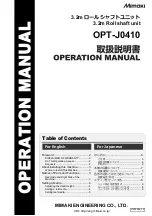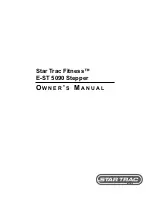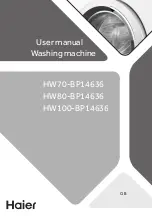
-23-
BUTTONHOLE SEWING
a
3
1
5
4
2
6
1.Mark position and length of buttonhole on
fabric.
2.Set button on the base and slide base forward
to secure button.
* If button does not fit on the base, adjust
slide on base to diameter of button plus
thickness of button.
a= Length of thickness
3.Pass upper thread through the hole of
buttonhole foot and attach buttonhole
foot to machine.
Bring upper and bobbin threads to the
left under foot.
4.Position fabric under presser foot so that
the center line mark is in the center of the
needle opening in the buttonhole foot.
With the main part of the foot pushed to the
back, lower the presser foot lever.
Note:Machine will not start to sew if buttonhole
lever is not lowered properly or buttonhole
foot is not positioned correctly.
Note:If machine does not reset for second
buttonhole, be sure the presser foot raised
finger is pressed against the lever.
6.Hold upper thread lightly and start the machine.
07
5.Lower the buttonhole foot lever so it is
positioned behind the raised finger on
the foot (see step 5 illustration).
07 08 09 10 11 12 13 14














































